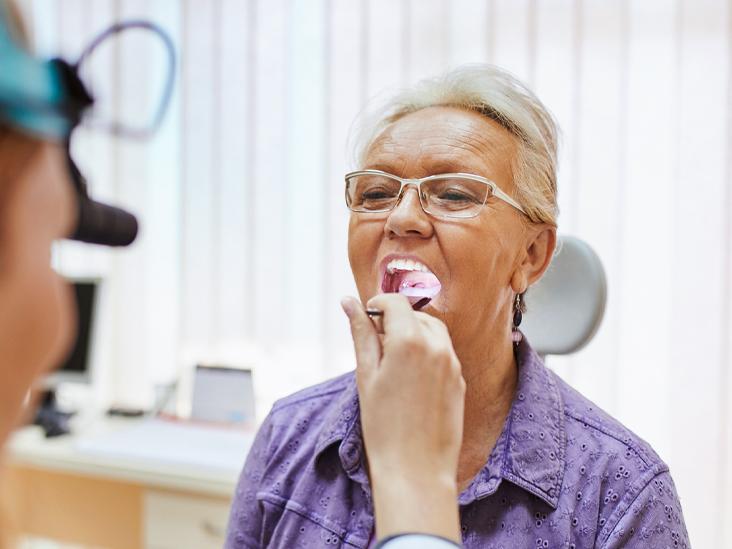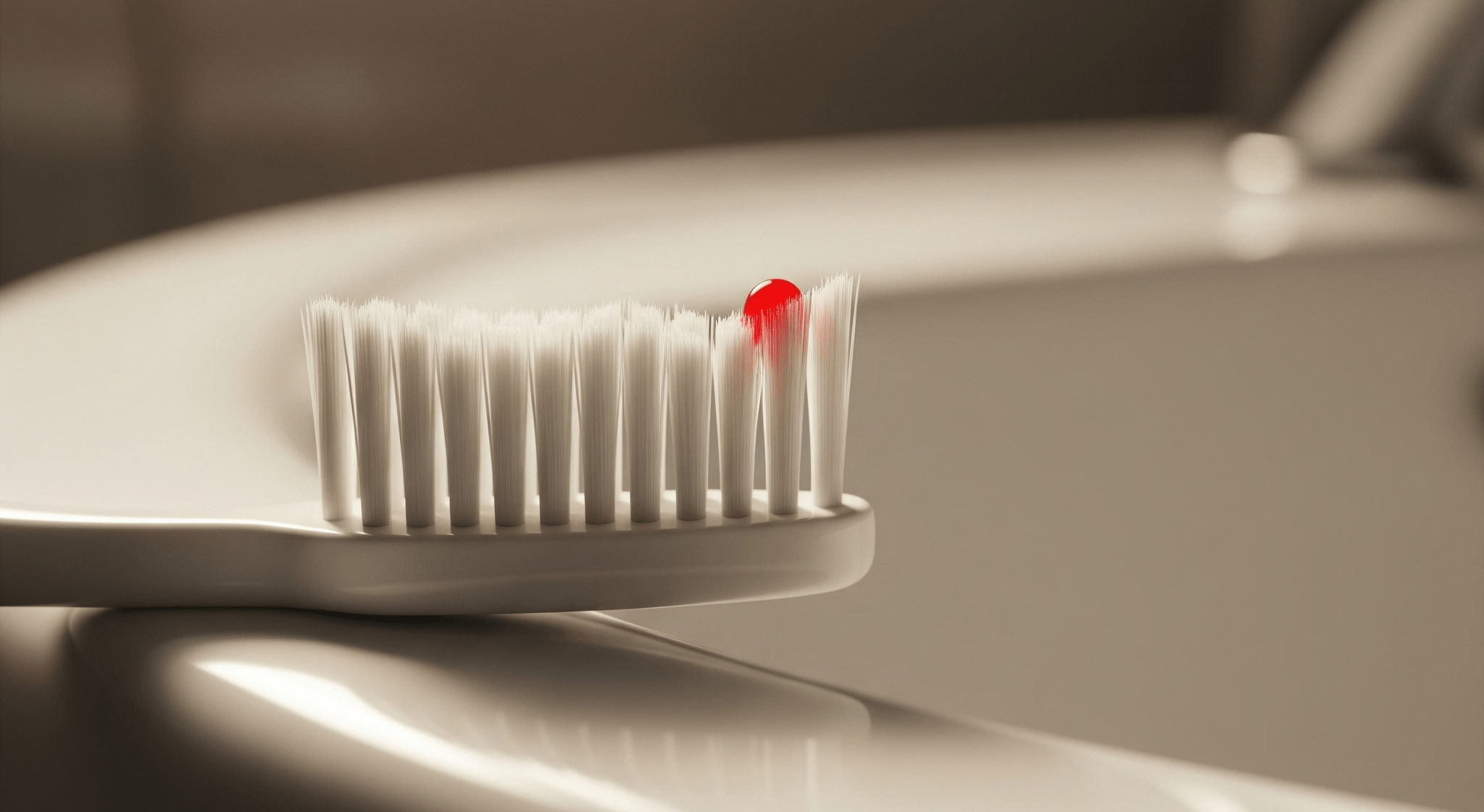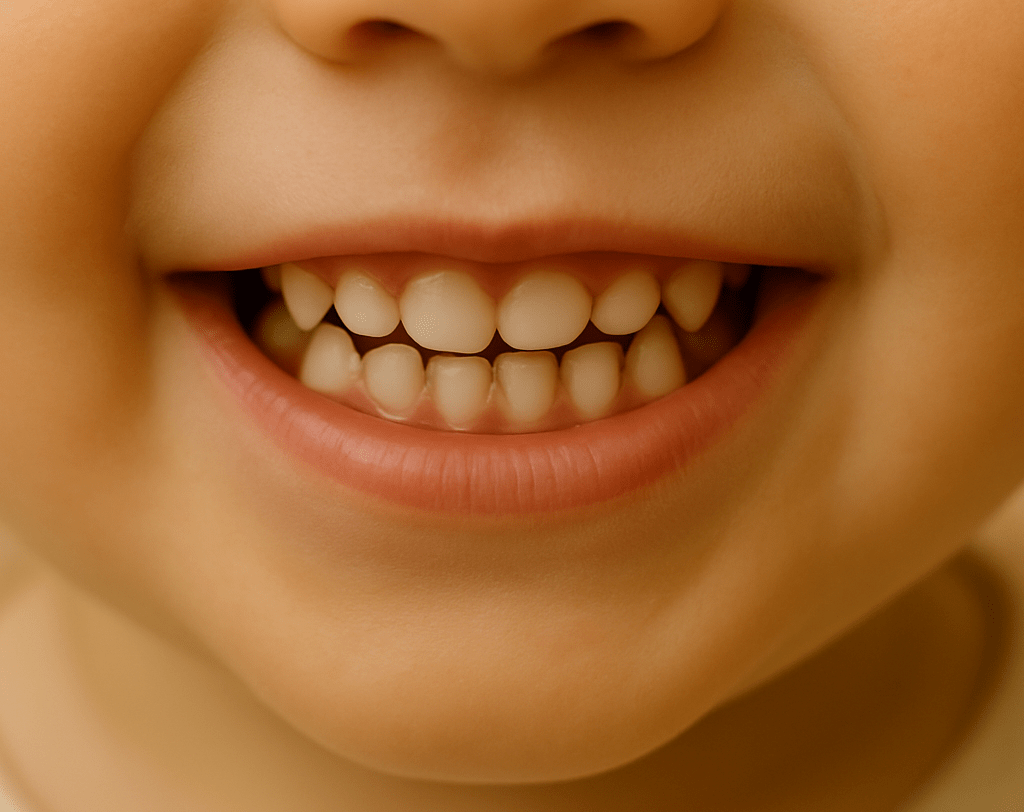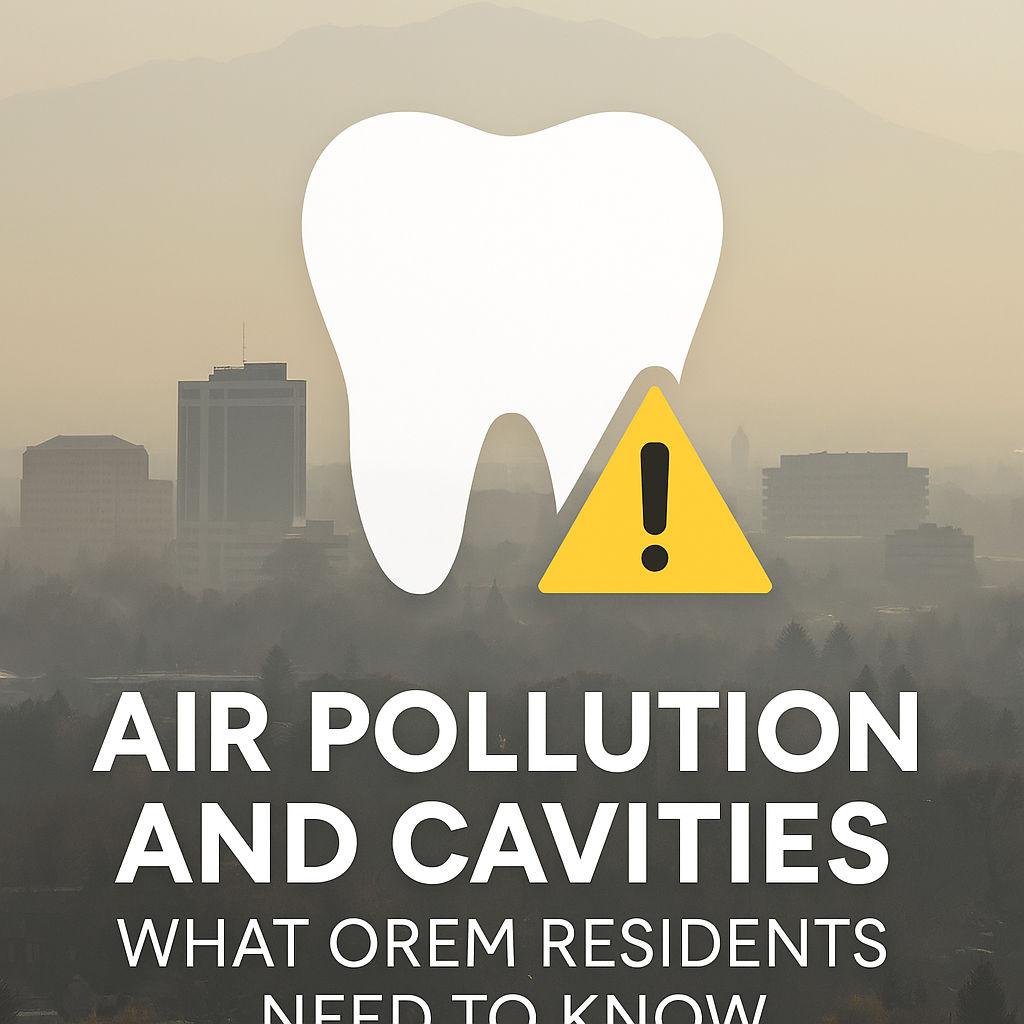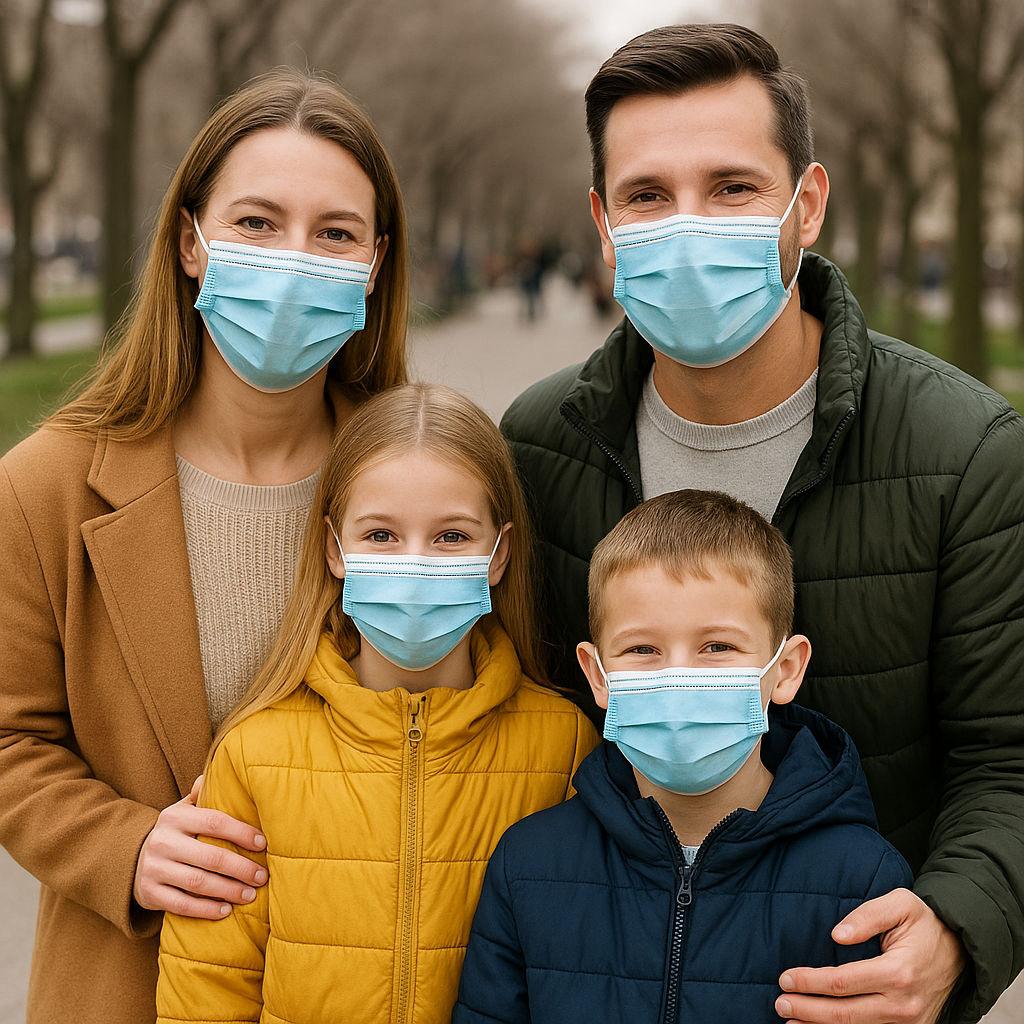During frequent checkups, you may know that your dentist is searching for cavities Orem, but you may not be aware that your dentist can also screen for cancer. It is expected that 51,540 individuals will be detected with oral cancer and malignancies of the throat, tonsils, and back of the tongue.
Routine dental checkups may aid in the early detection of such diseases, and eliminating a few potentially dangerous practices can help minimize your risk of acquiring them. Continue reading to learn about the significant risk factors.
Human Papillomavirus (HPV)
According to the Centers for Illness Control and Prevention (CDC), the sexually transmitted disease is now linked to roughly 9,000 head, and neck cancer (particularly those developing at the back of the tongue, in or around the tonsils) reported each year in the United States. People with HPV-related head and neck cancer are significantly younger than non-smokers. Even though HPV-positive cancers are generally discovered later because they grow in difficult-to-detect locations, people with HPV-positive malignancies have a decreased chance of mortality or recurrence.
Gender
Oral cancer is twice as common in men as it is in women. According to the American Cancer Society, this is due to men’s more significant drinking and cigarette use rates. Still, more men of a relatively young age are being identified with HPV-related oral cancers.
Age
According to the American Cancer Society, most patients diagnosed with mouth cancer are 55 or older. Oral cancers caused by HPV, on the other hand, are often identified in adults under the age of 50.
Tobacco
Tobacco usage, whether smoked or chewed, dramatically raises your risk. Oral cancer and cancer in other regions of the body may be caused by smoking. Pipe smokers are also more likely to get cancer of the lips. Chewing tobacco, like smokeless tobacco, may cause a variety of problems in your mouth, the most severe of which is cancer of the cheeks, teeth, and mouth.
Alcohol
According to the American Cancer Society, seven out of ten people with mouth cancer are alcohol dependent. The Centers for Disease Control and Prevention (CDC) defines excessive drinking as an average of 2 or more drinks per day for males and more than one drink per day for women. If you consume a lot of alcohol and smoke a lot, your chances of getting mouth cancer are higher.

